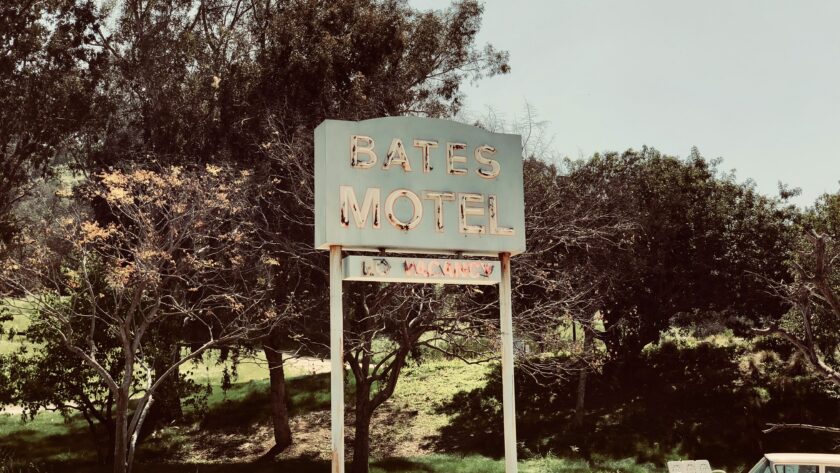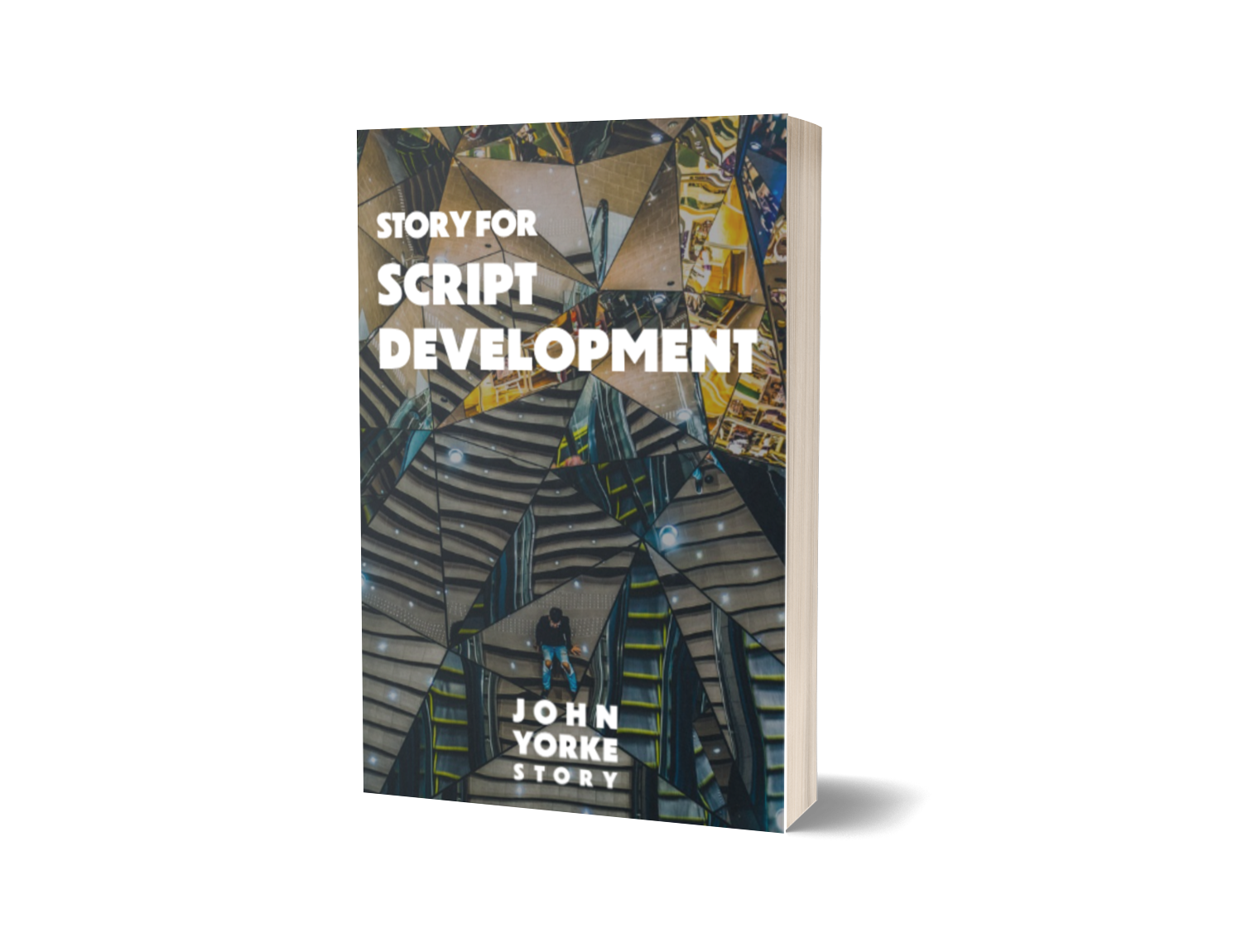So, you’ve got an idea. You’ve worked on the script. You’ve built it from that seed that pinged your brain in the shower or on public transport or wherever it is when ideas hit you. And you love your idea. You know it would make a fantastic film or TV series. But what next?
Next is getting it out there.
You need people, the right people, to read your script. You want someone to give you money – lots of money – to bring your idea to life. You thought writing the script was hard. The pitch is even harder.
We all know that the industry is changing. We have to change too. We have to really focus in on what matters. And our pitch decks need to reflect this, alongside being beautifully designed and well written. Here are some magic tricks to make them even more compelling.
Find the Heartbeat
Every good pitch starts with a great story, yes—but more specifically, it starts with the essence of the story. The heartbeat. The thing that makes someone lean in.
Don’t just tell us what happens. Tell us why it matters. Start with the emotional engine. What’s at stake? Why should we care? This is how we make our pitches relatable. This is how you will hook people in.
No matter how weird or other-worldly your idea is, it needs to be about something deeply human. Finding that can also lead you to discover what style is appropriate to your pitch.
Tell us why it matters. Start with the emotional engine….This is how we make our pitches relatable.
– Emma Millions
Know the Landscape
A brilliant concept won’t land if it isn’t shaped for the format you’re targeting.
Are you pitching a 6 x 30 drama, a returnable factual format, a one-off documentary? Your story must fit the structure. Know how your show grows over episodes or sustains attention over a 90-minute arc. Stories have a way of telling you what they need to be.
You may have started off desperately wanting to write a TV series. But if your story is telling you it would be better as a feature, or possibly even a short film, then you have to listen. That might sound airy-fairy but it’s true. Stories know what they want to be.
Commissioners aren’t just buying a story. They’re buying you. Your perspective. Your passion. Your ability to deliver it.
– Emma Millions
Pitching Yourself: Why You, Why Now
And all this is leading up to the single most important thing about the pitch… YOU! This is often the part people rush through. Maybe you’re shy. You’re not sure of your worth. You’re self-deprecating. There are many reasons why creators might hold back on this. Yet it’s the thing that can make all the difference. And the one thing that makes your idea utterly unique.
This has become increasingly more important in the last few years, alongside the ‘Why now?’ You need to give the producer / commissioner a reason to want (need) this idea today and, specifically, from you. Even if the reason is “Because I came up with the idea” try and find a rationale to bolster this.
Is it in a genre you have been a fan of for years? Is it because you were inspired by a certain title? You can always find reasons to pin the idea to your brand. After all, there is a reason you came up with it and have decided to dedicate hours of your life to. Find it and vocalise it, visualise it.
If it’s a personal story, or if you can find personal links to that story, maybe include actual photographs or archive to add to the authenticity. A recent workshop participant had an idea that was set in the 1960s. They included actual photographs of themselves from that era to demonstrate their personal connection to the story. Think of ways to add genuine validity to your pitch for yourself.
The truth is that commissioners aren’t just buying a story. They’re buying you. Your perspective. Your passion. Your ability to deliver it. And your unique link to the material. Don’t be shy to own your voice. Whether it’s lived experience, professional background, research access, or just an obsessive love of the genre – let it shine. That’s the pitch that sticks.
It’s not just magic – it’s a process. A supported, creative, energised process. Pitch boldly, listen deeply, and say yes to ALL feedback. That scrappy idea in your notes app might be next year’s breakout show or movie.
Just don’t keep it to yourself.





